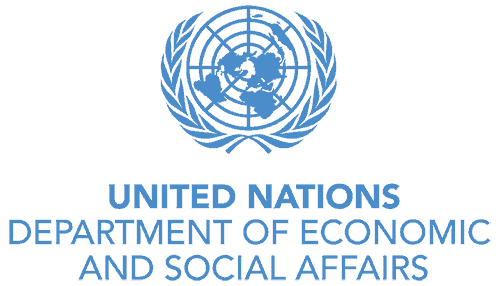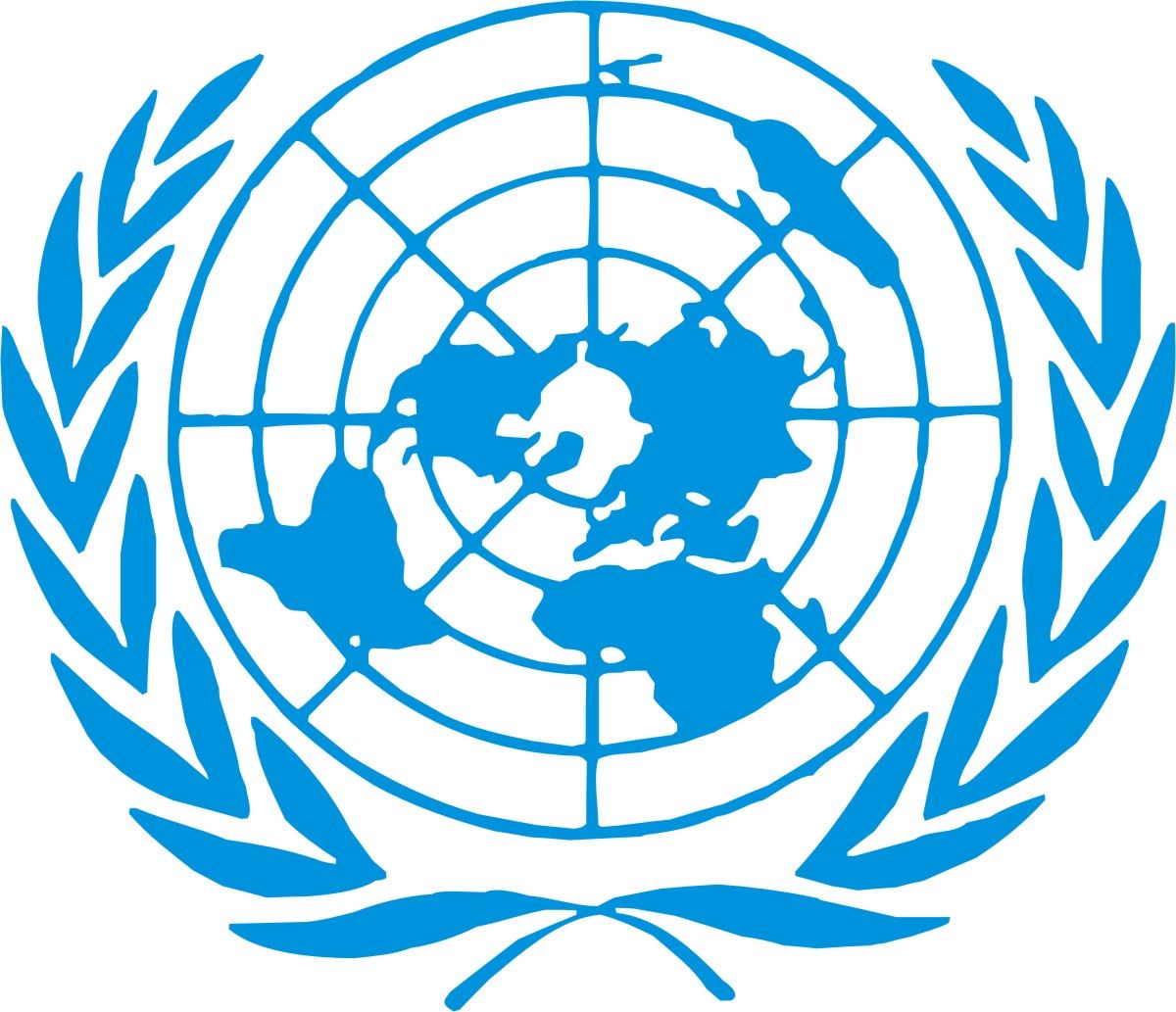Location
The United Nations Economic and Social Council (ECOSOC; French: Conseil économique et social des Nations unies, CESNU) is one of the six principal organs of the United Nations, responsible for coordinating the economic and social fields of the organisation, specifically in regards to the 15 specialised agencies, the eight functional commissions and the five regional commissions under its jurisdiction.
The Council serves as the central forum for discussing international economic and social issues and formulating policy recommendations addressed to member states and the United Nations system. A number of non-governmental organisations have been granted consultative status to the Council to participate in the work of the United Nations.
Members:
Resources
Displaying 206 - 210 of 224Physical planning considerations in Africa
The major problem in Africa today understands the modern concept of town planning. Just as was true in Europe in the 18th and 19th centuries, in Africa today physical planning is regarded as a technique for the amelioration of the evils of urban development. Insanitary conditions, congestions, un-economic layout of streets, the inefficient use of public utilities or the absence of adequate sanitary facilities "brought about the enactment of public health laws, plumbing and building codes and regulations which controlled land-use.
Considérations sur l'aménagement du territoire en Afrique
Le principal problème de l'Afrique d'aujourd'hui dans ce domaine est de bien comprendre le concept moderne d'urbanisme. Comme c'était le cas au XVIIIe et au XIXe siècle en Europe, l’aménagement du territoire est considéré actuellement en Afrique comme un moyen de remédier aux errements du développement urbain.
Rapport sur le centre FAO/CEA de perfectionnement du crédit agricole en Afrique
La commission économique pour l’Afrique a patronné, en collaboration avec la FAO, un Centre de perfectionnement du crédit agricole en Afrique dont la session a eu lieu du 7 au 17 mai 1962 à la Maison de 1'Afrique, à Addis-Abeba, Ethiopie.
Report on FAO/ECA development center on agricultural credit for Africa
The objectives of the Centre were to give an opportunity to officers of credit institutions and policy makers in the fields of agricultural credit, including cooperative and supervised credit, and in agricultural development programming in Africa to exchange views and experiences, to examine the needs for credit facilities' for farmers and the kind of facilities likely to be most effective.



